7 Things We Can Learn about Mister Rogers in Won't You Be My Neighbor?

He was tired and wanted to try something new, and so he launched a show for adults – Old Friends, New Friends – with the goal of running repeats of his children’s series as long as possible. As he thought at the time: What else is there to teach the nation’s kids?
Then two things happened. His adult-oriented show struggled to gain an audience; moms and dads did not relate to him in the same way children did. But more significantly, tragedy struck: Rogers learned about a 4-year-old child who had died jumping off a building, pretending to be Superman. Rogers wondered: Could his show have helped prevent the death? So he got back to work, re-launched Mister Rogers’ Neighborhood, and told the nation’s kids about the make-believe world of superheroes. Don’t jump off buildings or out of windows, he said. That only works in the movies.
Fred Rogers, who died in 2003, would have been 90 years old this year. A documentary about his incredible life, Won’t You Be My Neighbor? (PG-13), is expanding nationally the next two weeks.
The movie may be inappropriate for children – there’s minor language, discussion of war, and a dialogue about his views on homosexuality – but I’d recommend it for everyone else. Here are seven things I learned:
Photo courtesy: Flickr.com
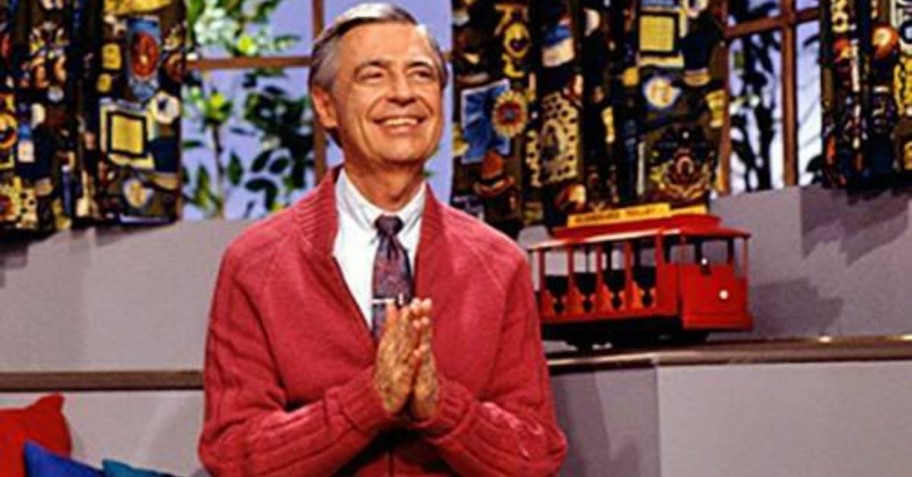
1. He was driven by his faith.
A graduate of Pittsburgh Theological Seminary, Rogers was set to be a pastor until television caught his eye. Rogers’ beliefs about Christianity were simple. “Fred’s theology was, ‘Love your neighbor as yourself,’” his friend, the Rev. George Wirth, says in the film. Rogers’ goal was to combine three elements on Mister Rogers’ Neighborhood: 1) his ministry education, 2) his knowledge about child development, and, 3) the power of TV. He wanted America’s kids to know they were special and loved. Rogers didn’t give a typical sermon to children. Instead, he “was communicating into their hearts,” Wirth says.
Photo courtesy: Facebook
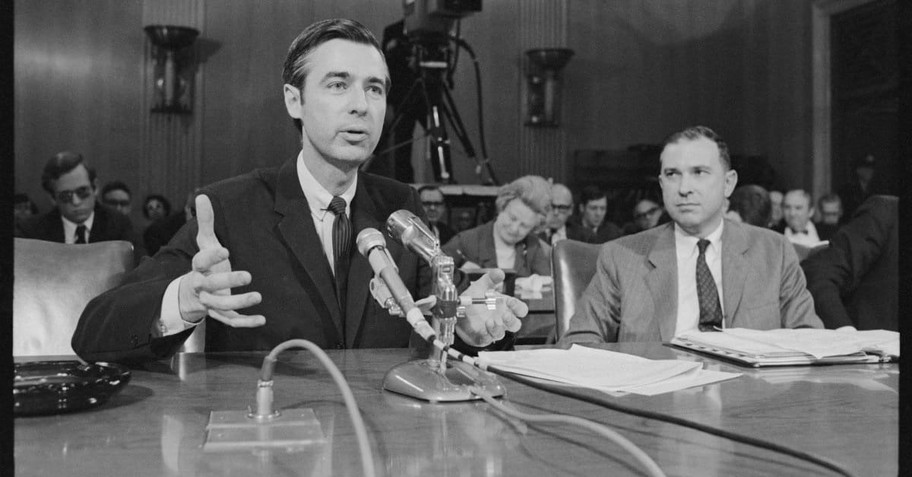
2. He hated television.
And he wanted to redeem it. Prior to his show got off the ground, he saw people tossing pies at each other on a TV program and thought to himself: Why not use the medium instead for good? Television, he believed, could change a child’s life for the better. His groundbreaking idea was “way out there” for his denomination, the Presbyterian Church, according to his wife. Mister Rogers’ Neighborhood broke all the rules for successful TV. It had low production value, a single set, and an unlikely, soft-spoken star. Children, though, loved it. He bemoaned the noise and silliness on most children programming, saying he wished other creators of TV programs had the “respect of childhood I have.”
Photo courtesy: Focus Features
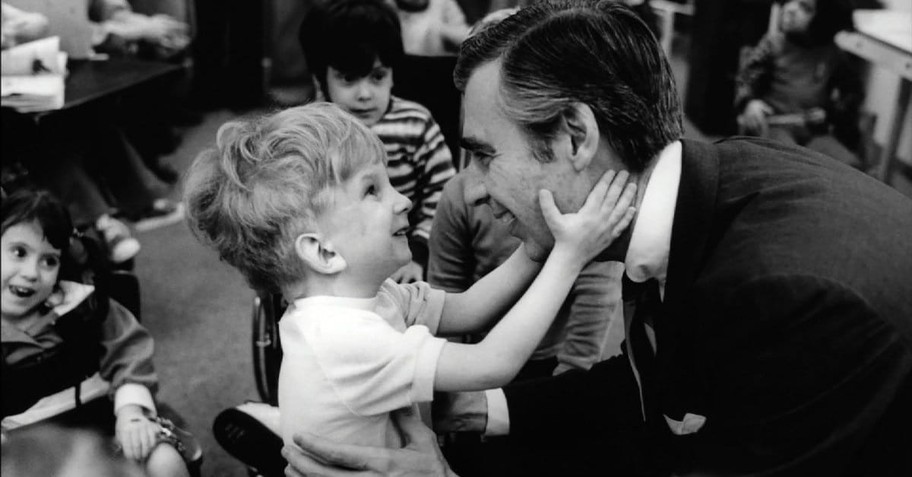
3. He was the same person in private as in public.
John Rogers and his brother, Jim, say their dad was just as patient at home as he was on the program. The crew members, too, testified to Rogers’ off-camera demeanor. As one friend says, “Was he that way in real life? … The universal answer is ‘yes.’”
Photo courtesy: Focus Features
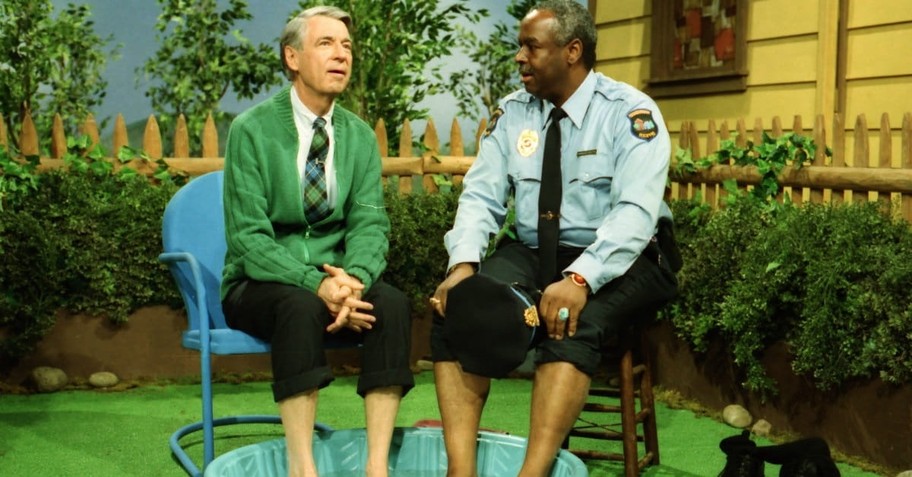
4. He stood up for civil rights.
Rogers was troubled when he saw video clips of African Americans being driven from a public pool by a white man pouring chemicals into the water. Rogers’ solution: show children a scene of him and a black man washing their feet in the same kiddy pool. So that’s what he did. On Mister Rogers’ Neighborhood, viewers saw Officer Clemmons enter the neighborhood as Rogers was washing his feet with a water hose on a hot summer day. He invited Clemmons to do the same, and Clemmons followed by taking his shoes and socks off and rinsing his feet.
Photo courtesy: Focus Features
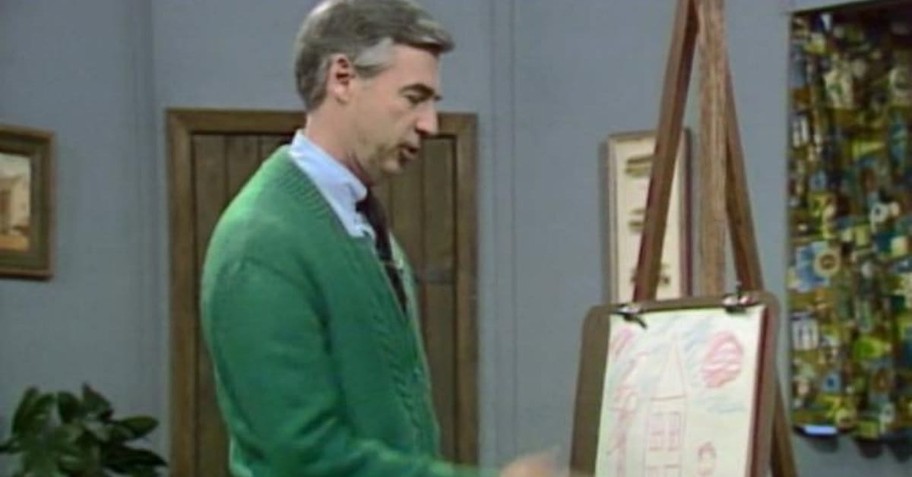
5. He was in both camps on LGBT issues.
At least, that’s what his friends and family members say. The documentary doesn’t quote Fred Rogers on the issue, but it does tell the story of a cast member -- François Clemmons (Officer Clemmons) – who divorced his wife and came out as gay off-camera. When Rogers learned Clemmons had visited a gay bar, he told him not to go back. If he did, he would be off the show. But later in life, Rogers “came around” on the issue, his wife says.
Photo courtesy: Facebook
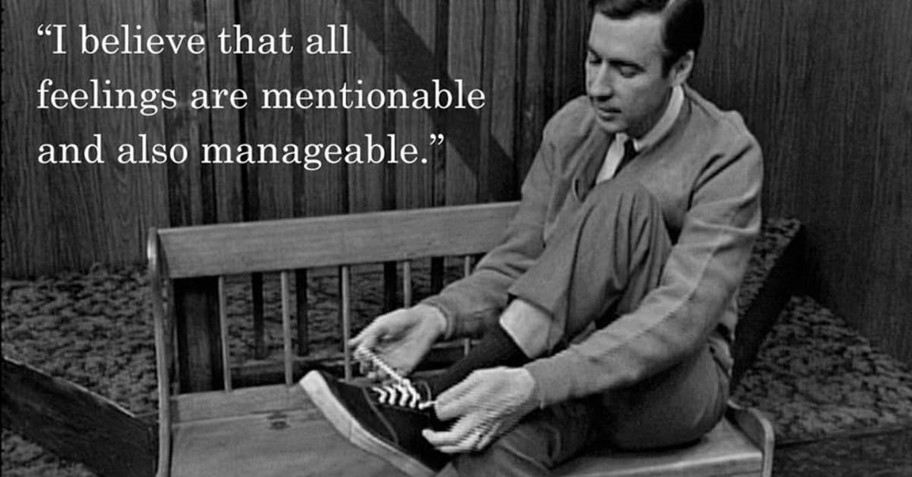
6. He helped children understand tragedy.
From the assassination of Robert F. Kennedy to the Space Shuttle Challenger explosion to the 9/11 terrorist attacks, Rogers never shied from discussing the major events of the day. He felt he had a responsibility to talk to families and children about grief. But he put it in kid-friendly terms. In 1968 he had the puppet Daniel Tiger ask, “What does assassination mean?” Daniel Tiger was told it referred to somebody “getting killed in a … surprise way.” After 9/11, Rogers told viewers we are all called to be “repairers of creation.”
Photo courtesy: Facebook
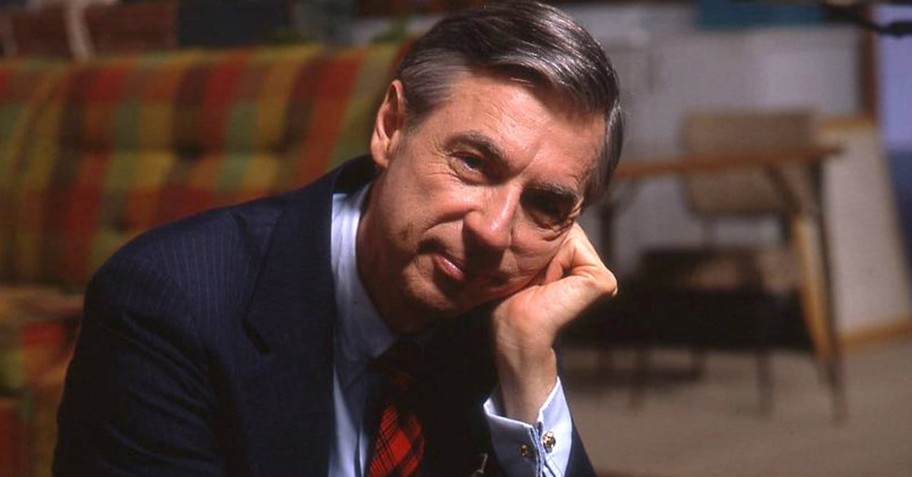
7. He may have taken his love theology too far.
I say this as a big fan of the program and as a big fan of Mister Rogers.Yes, we are to love everyone. Yes, God loves everyone. The Bible even says God is love (1 John 4:8). Mister Rogers was right to emphasize God’s love. But God loves us too much to leave us in sin. He wants us to live holy lives. He wants us to escape God’s wrath. That’s the message of the Gospel: God saves sinners. Mister Rogers died before the hot-button sexuality issues of our time became front-page topics. I don’t know if he would have addressed them on his program, but I suspect he might have.
Still, we can learn a lot from Mister Rogers. As someone who grew up watching his program, I miss him.
Michael Foust is a freelance writer. Visit his blog, MichaelFoust.com.
Photo courtesy: Focus Features
Publication date: June 28, 2018
Originally published June 28, 2018.





